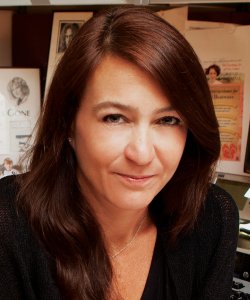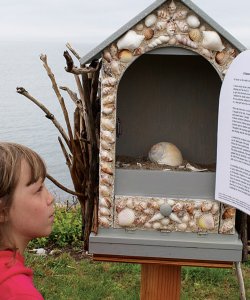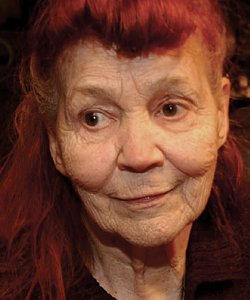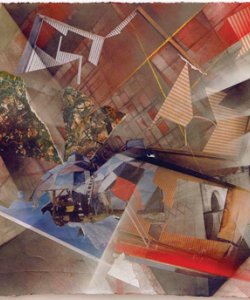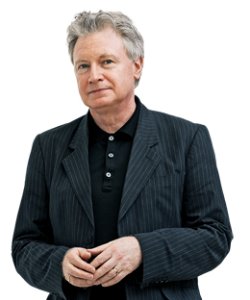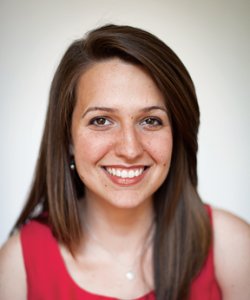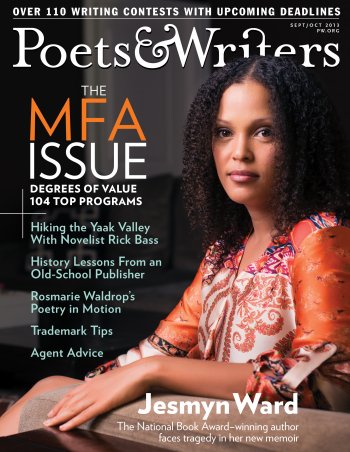
Our seventh annual MFA Issue features a roundup of 104 full- and low-residency programs; plus profiles of National Book Award-winning author Jesmyn Ward and novelist Rick Bass; an extensive interview with Knopf editor Jordan Pavlin; articles on the art of reading poet Rosmarie Waldrop and the beauty of backstory; advice from agent Lucy Carson; and much more.







